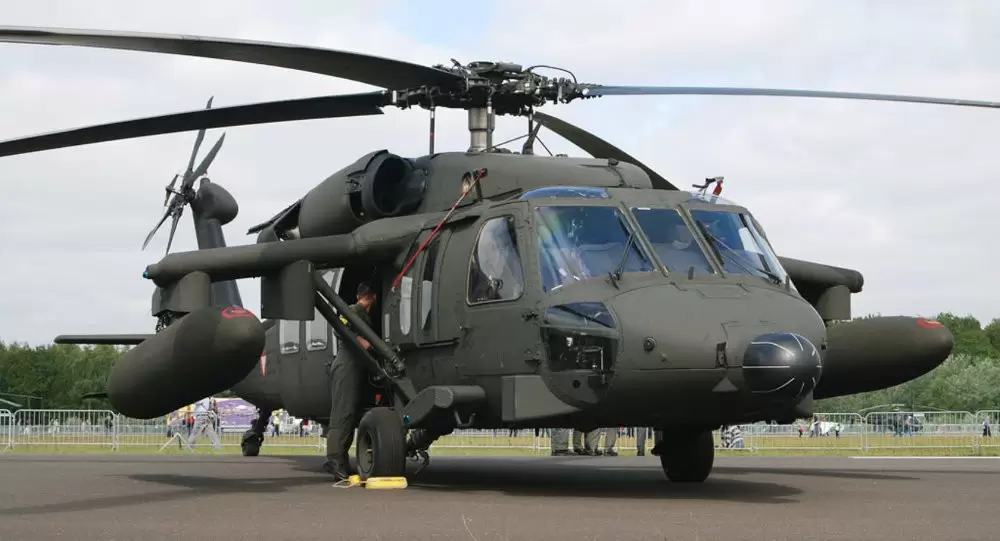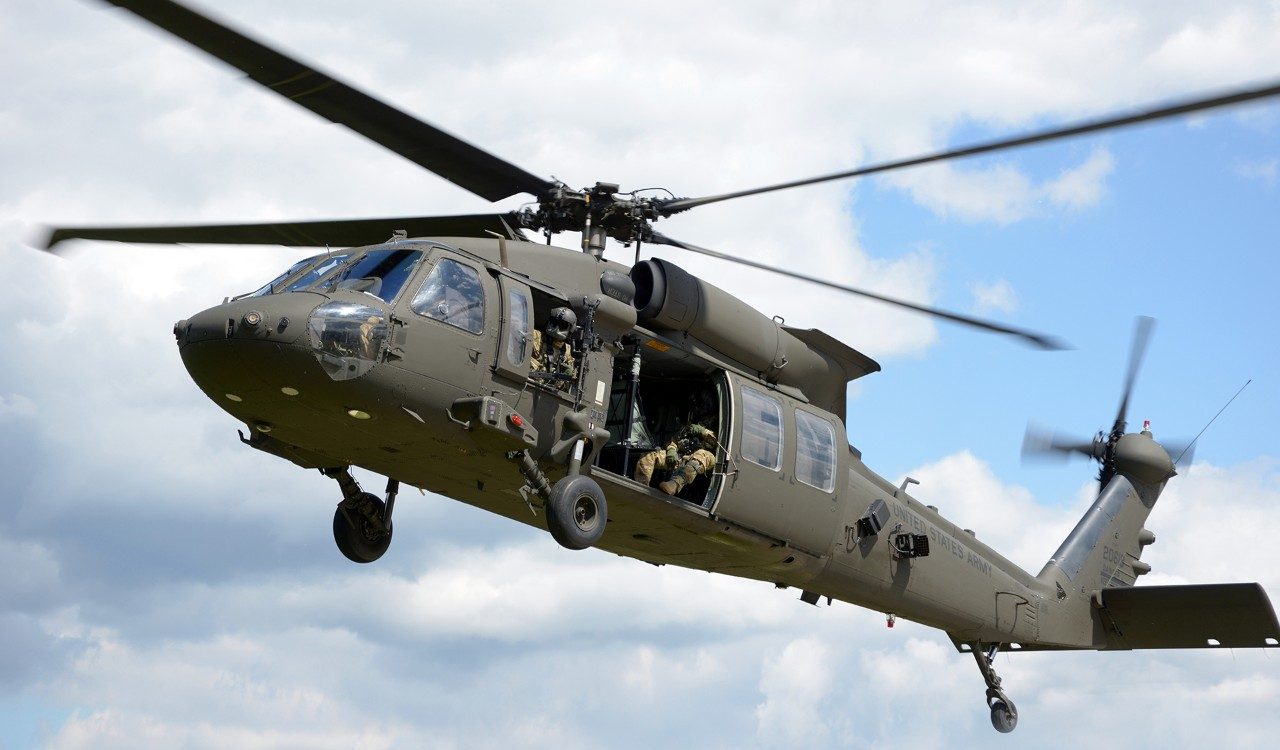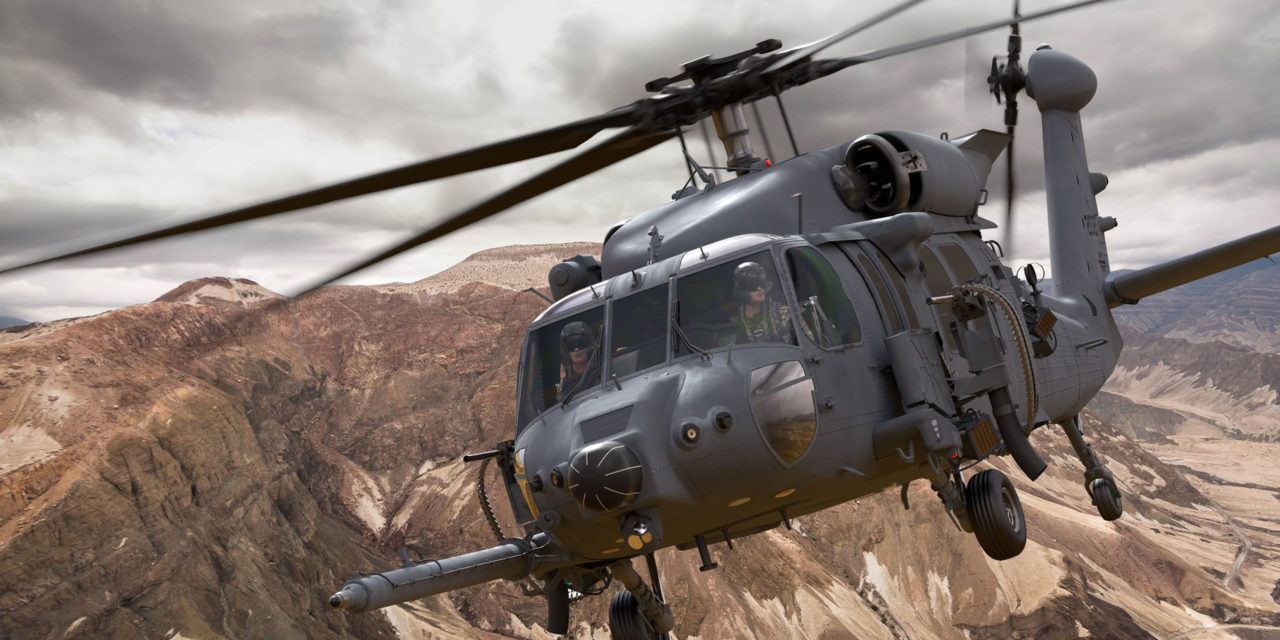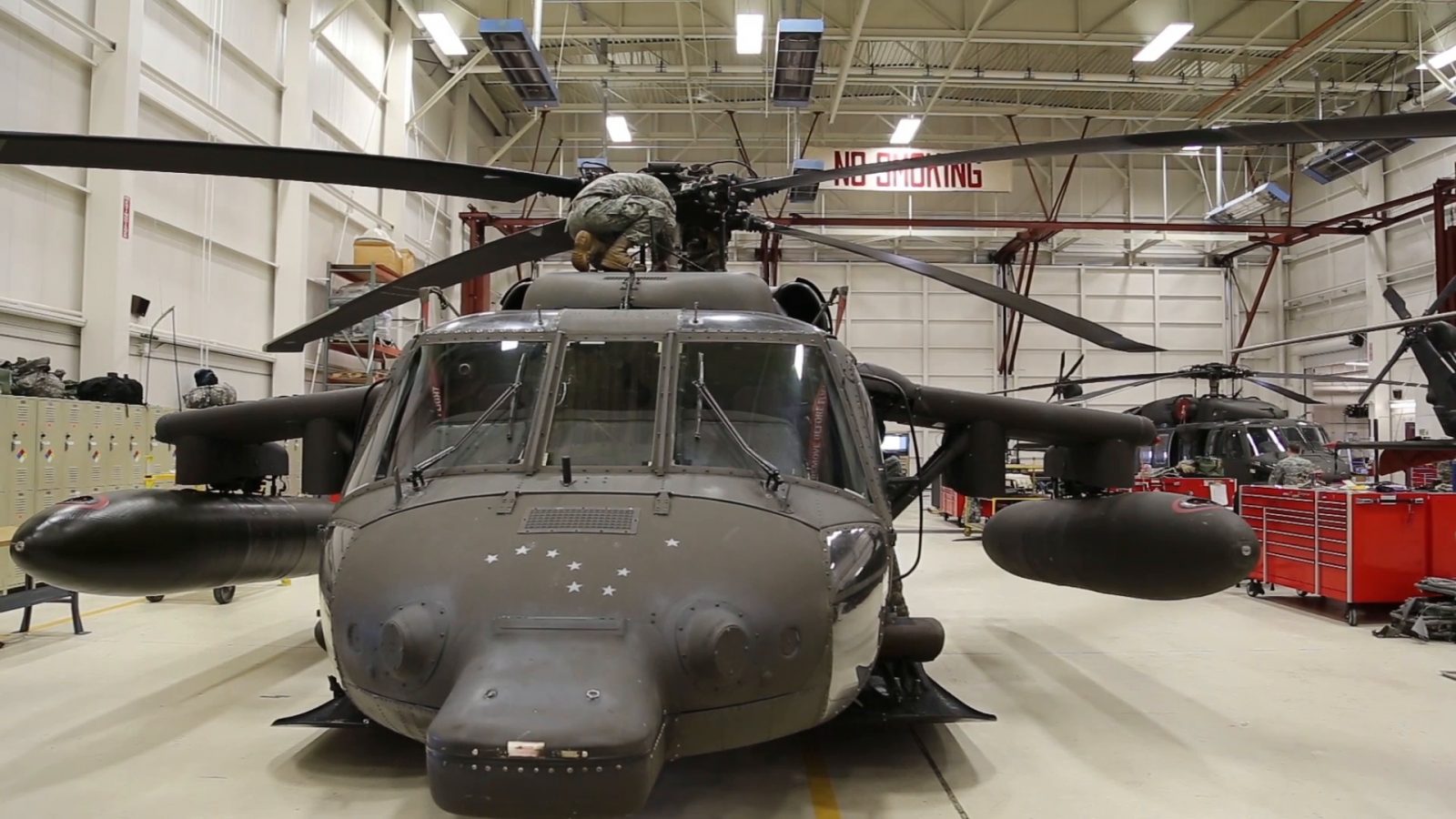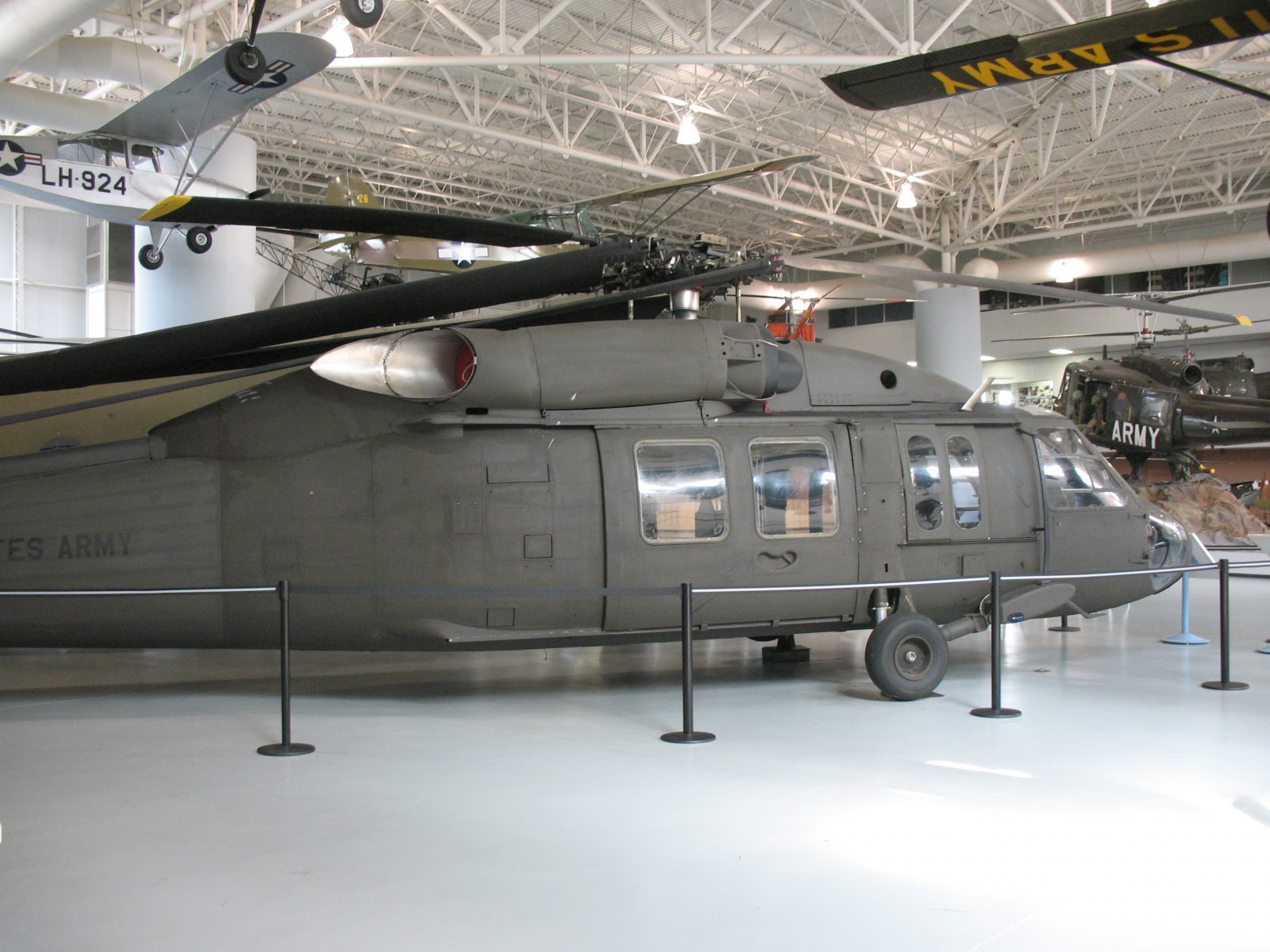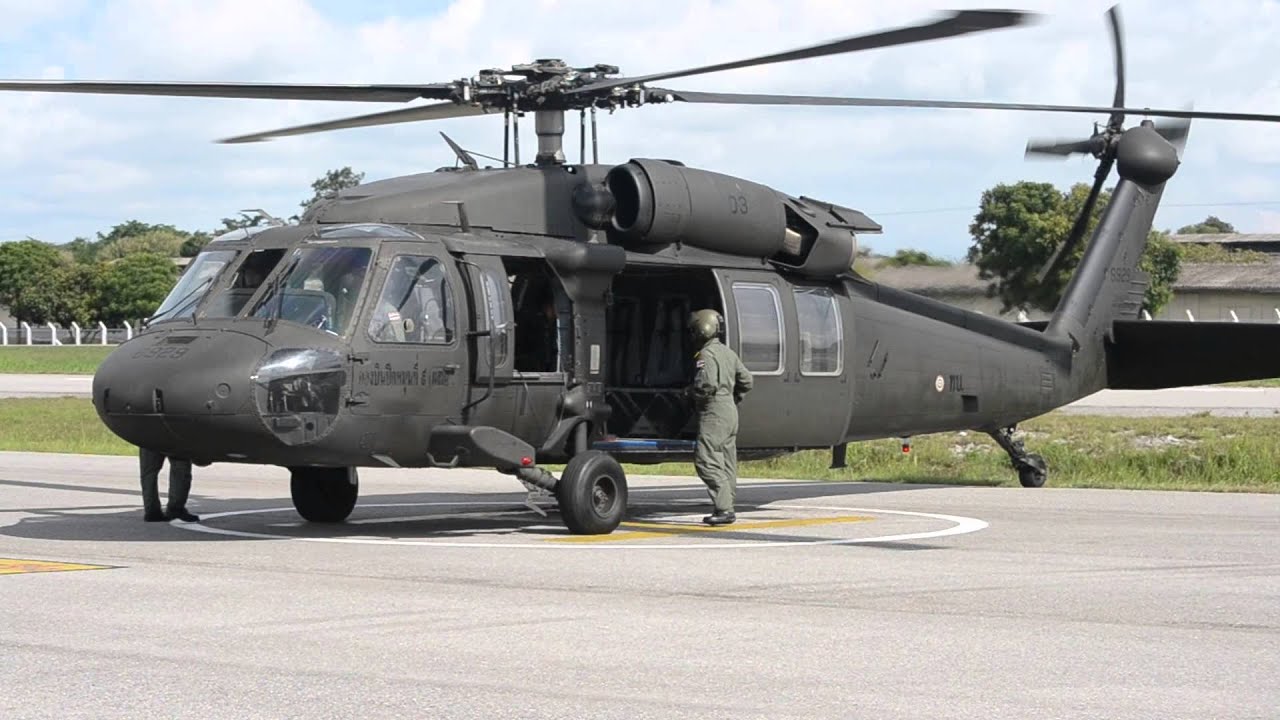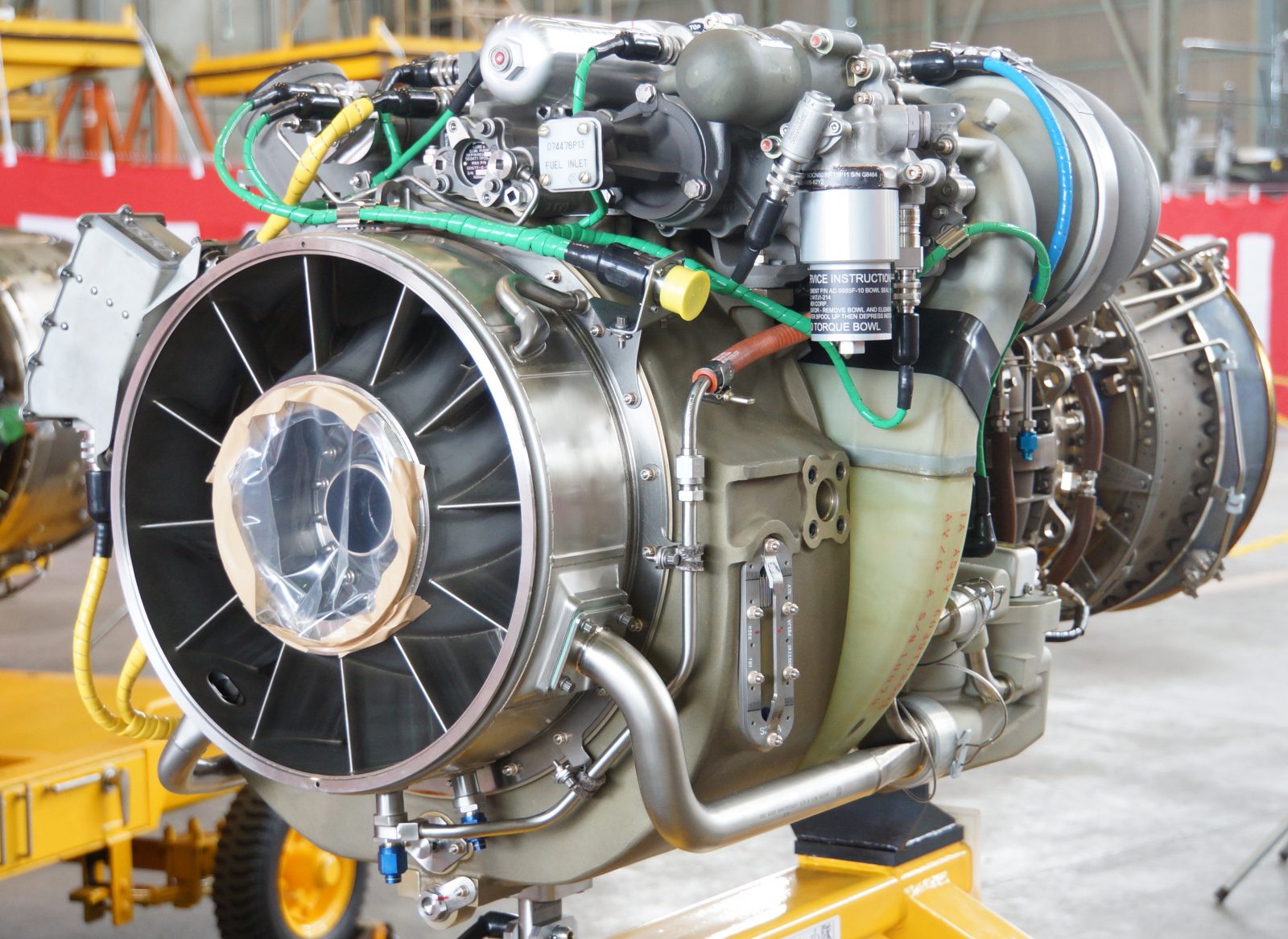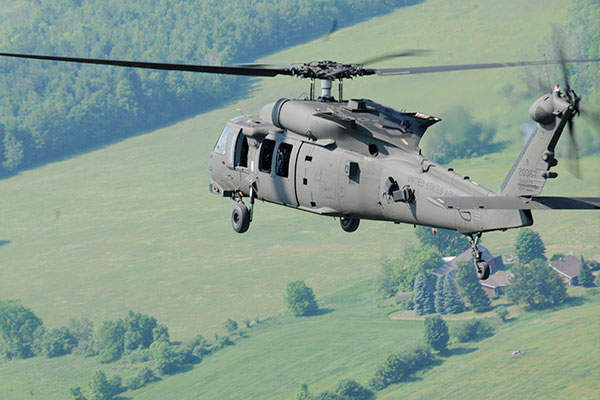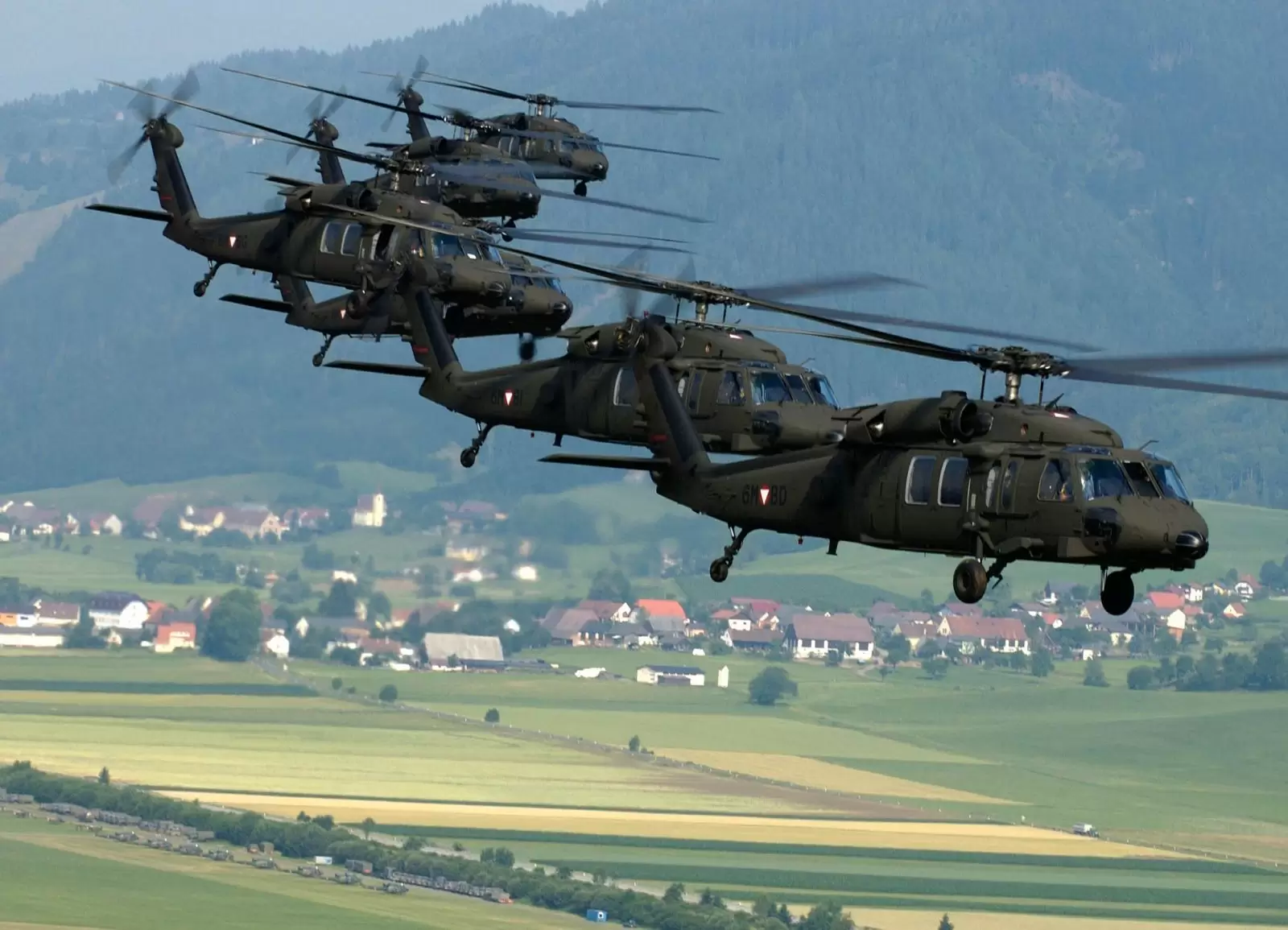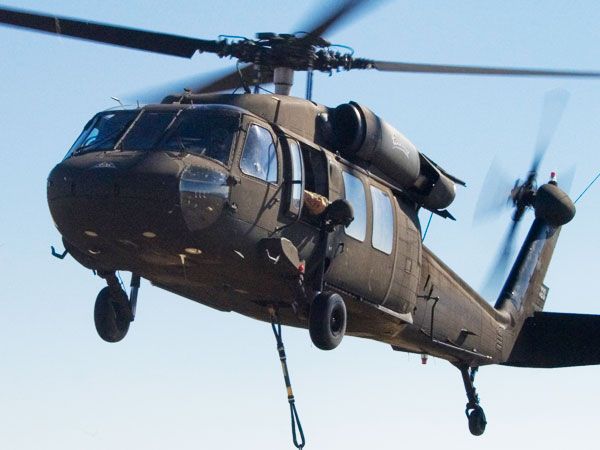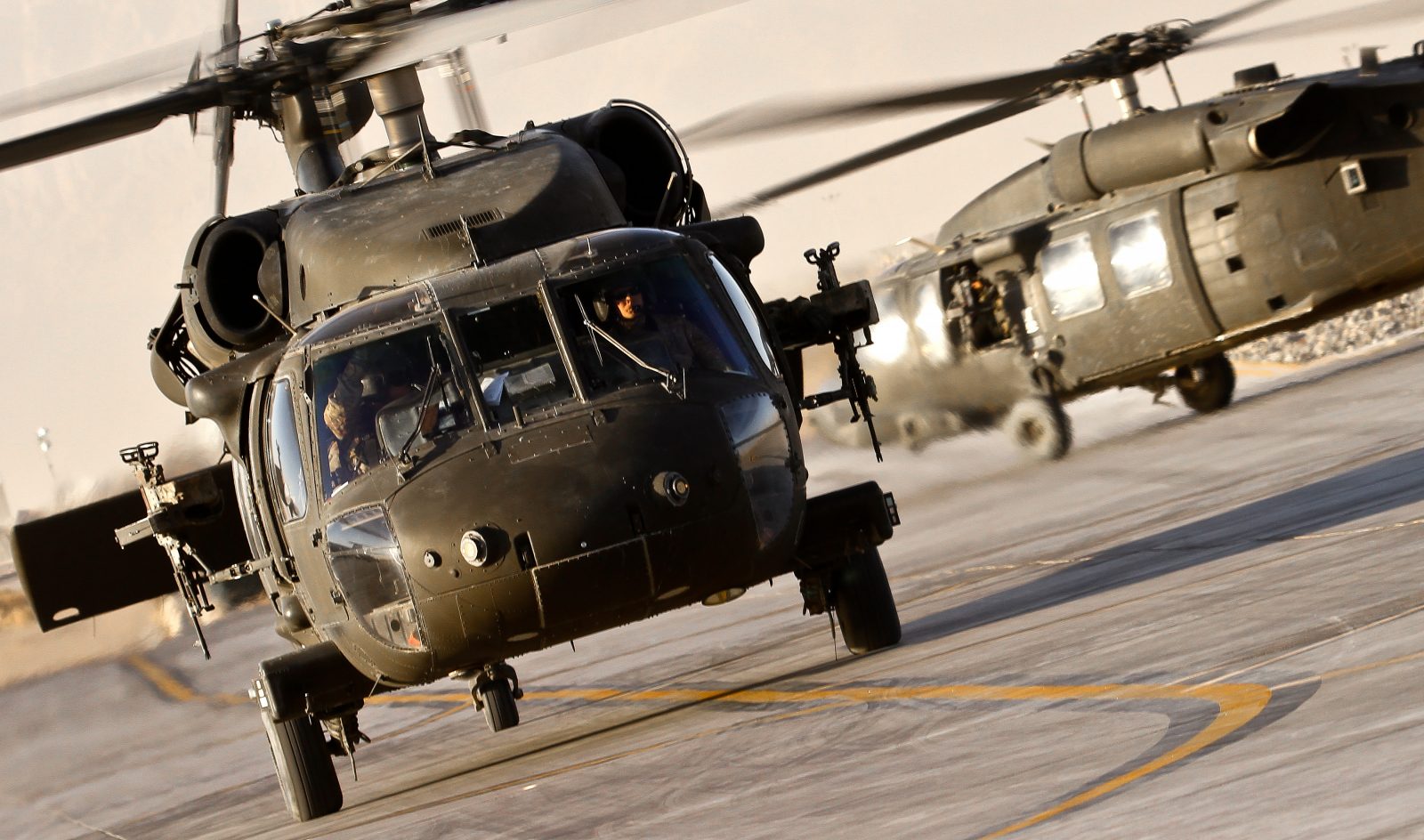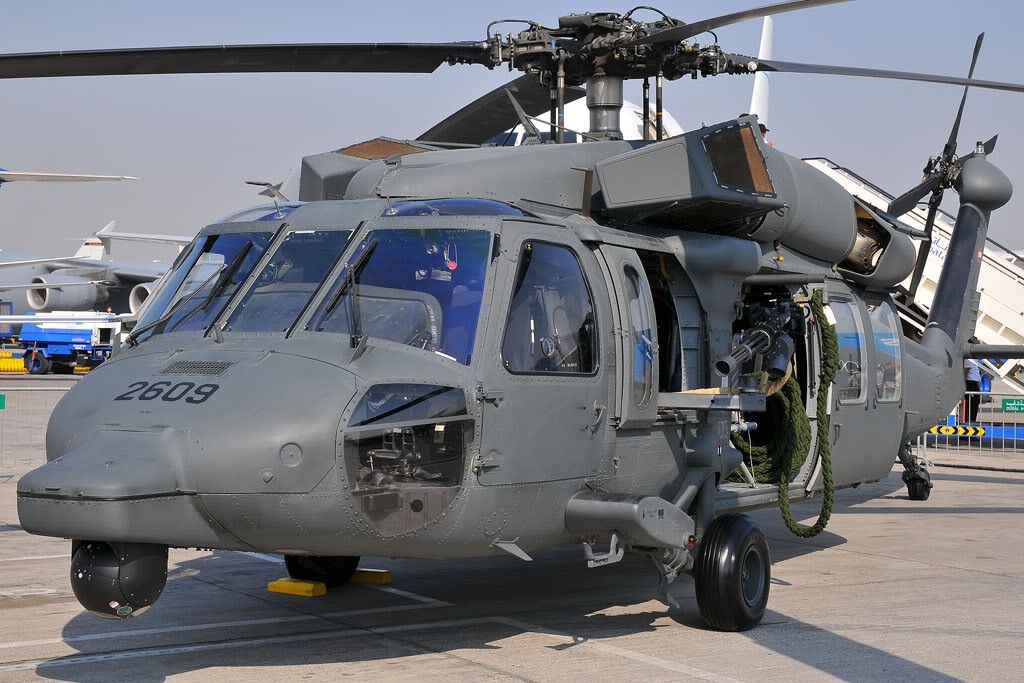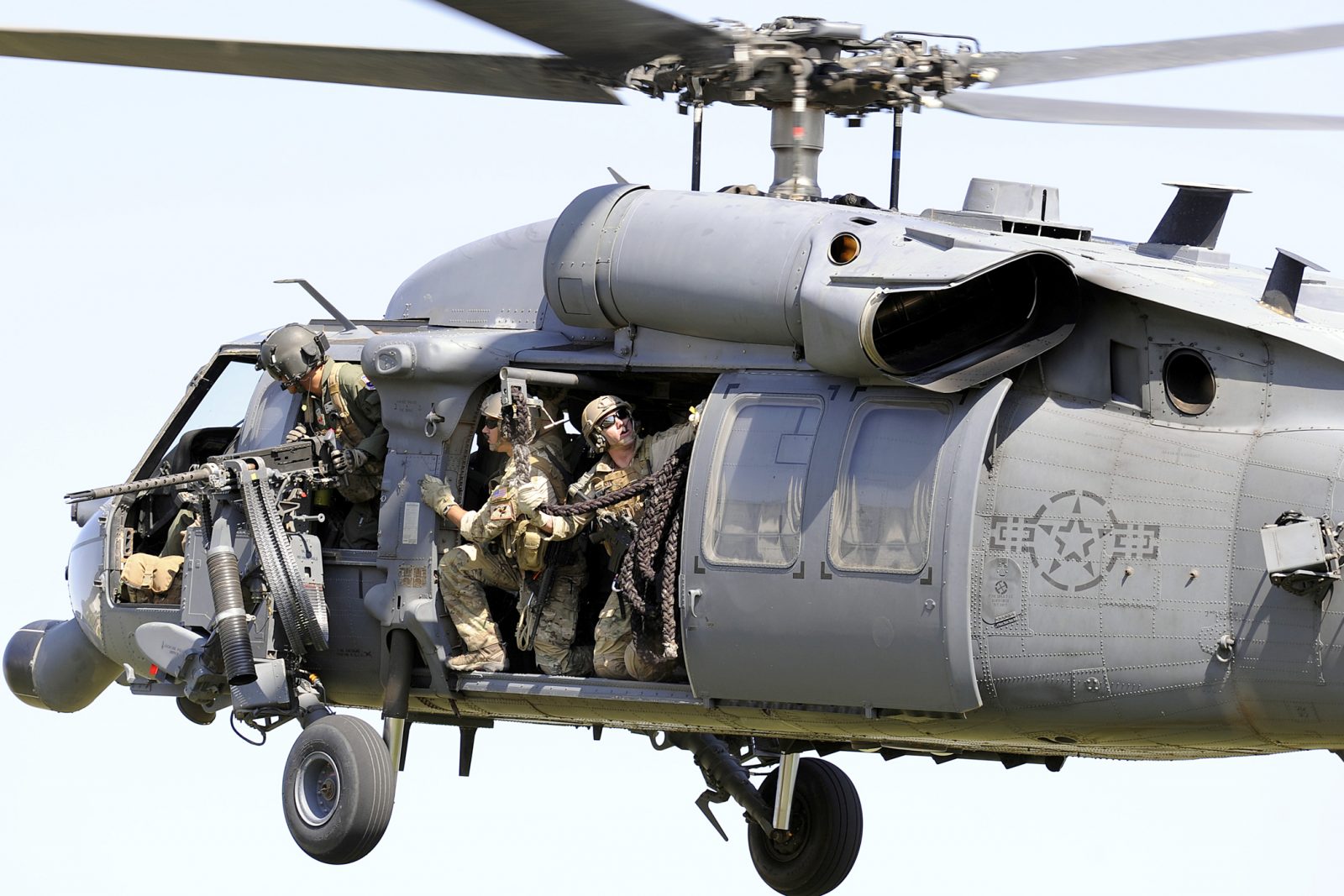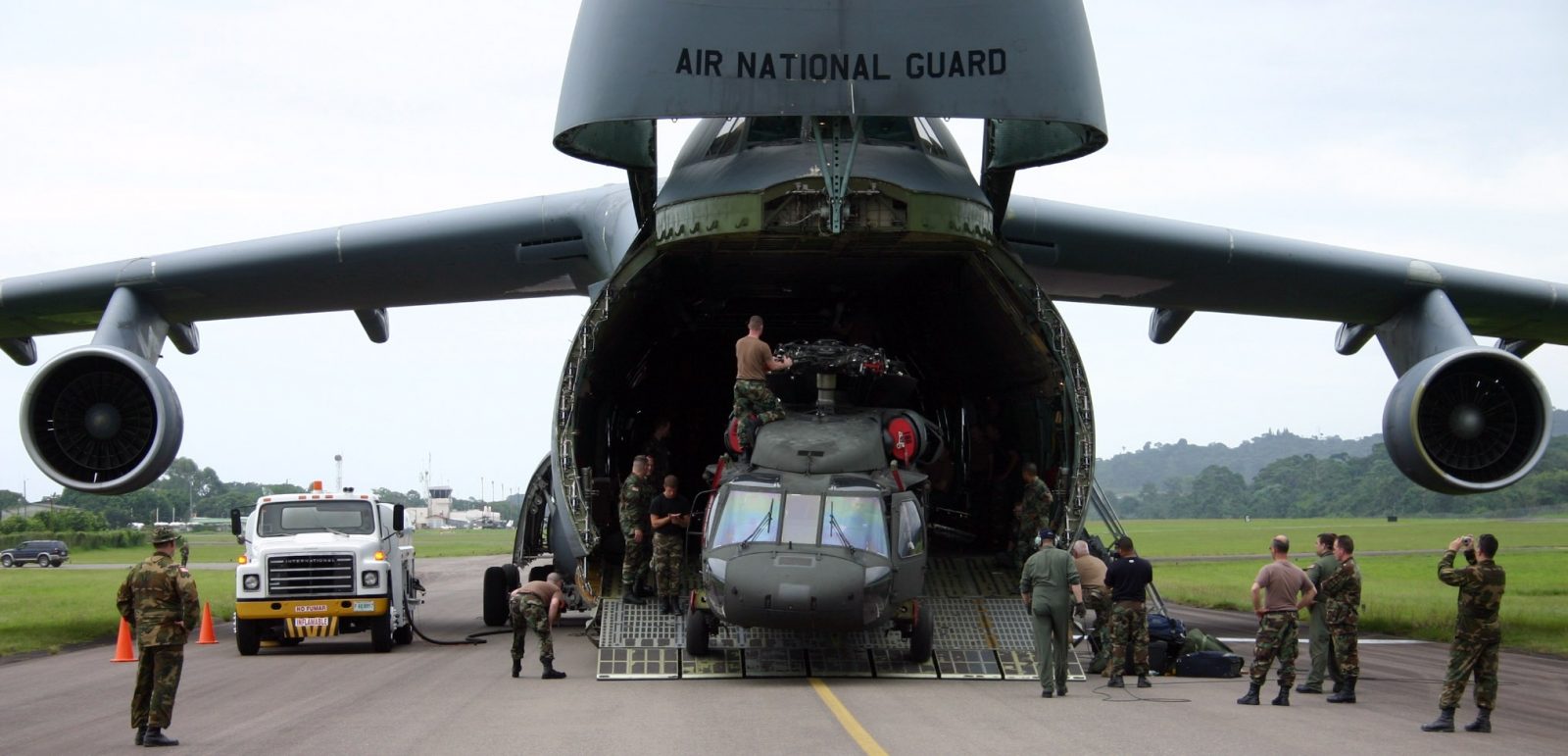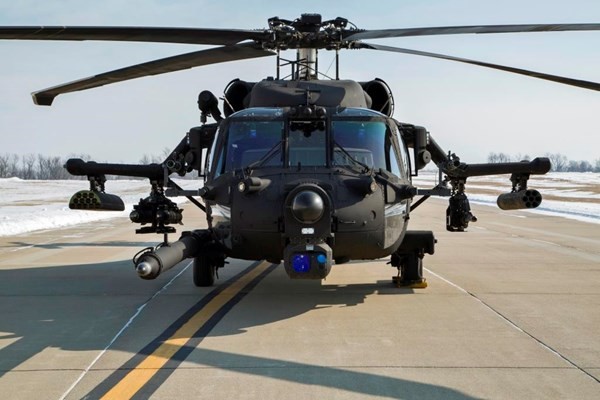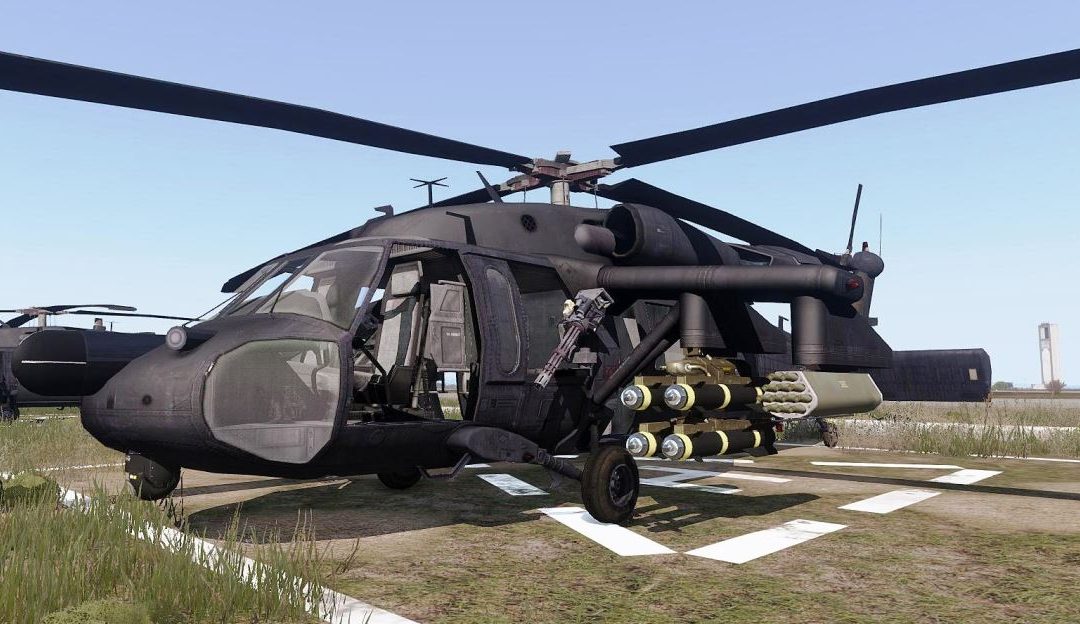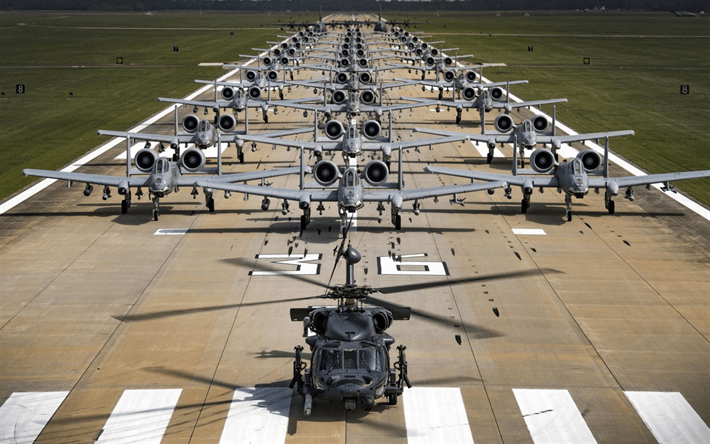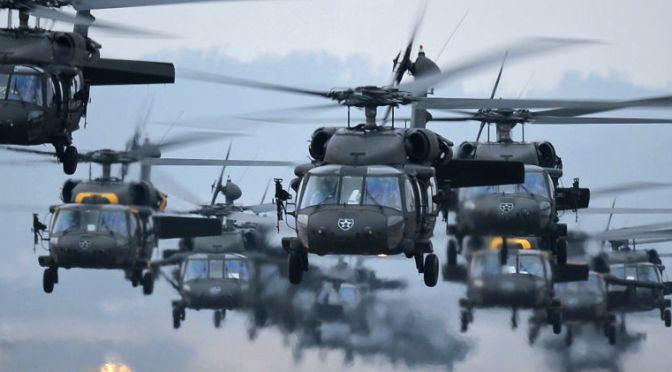The Remarkable Sikorsky UH-60 Black Hawk: A Legacy of Excellence
The Sikorsky UH-60 Black Hawk stands as a testament to innovation and reliability in the realm of military aviation. A product of Sikorsky Aircraft’s ingenuity, this four-bladed, twin-engine, medium-lift utility helicopter has been a stalwart companion to the United States military since its inception.
Beyond serving the United States Army, the Black Hawk found a home in the United States Navy and Coast Guard, with its influence extending globally through exports to numerous nations. Throughout its distinguished service, it has seen action in conflicts spanning Grenada, Panama, Iraq, Somalia, the Balkans, Afghanistan, and the Middle East.
Decades since its debut, the Black Hawk continues to excel, embodying the pinnacle of helicopter performance. Here, we delve into its remarkable attributes:
**Design:**
Conceived in response to the US Army’s UTTAS program, the Black Hawk was envisioned as a successor to the UH-1 Iroquois, boasting enhanced performance, survivability, and transportability within a C-130.
**First Delivery to Army:**
Following its triumph in the UTTAS competition, the Black Hawk commenced production, with the initial delivery to the US Army occurring in October 1978, marking the dawn of its active duty in June 1979.
**Engine:**
Powered by two General Electric T700-GE-701D engines, the Black Hawk achieves unparalleled performance, attaining a cruising speed of 174 mph and a climb rate of 1315 ft/min, with a ceiling height of 19,000 feet.
**Range:**
With a normal range of 1381 miles and a combat radius of 368 miles, the Black Hawk boasts impressive operational reach.
**Mission Types:**
Originally conceived as a troop carrier and logistics support aircraft, the Black Hawk has evolved to fulfill diverse roles, including medical evacuations, command and control, search and rescue, armed escort, and electronic warfare.
**Crew Members:**
Operated by a minimum of two crew members, the Black Hawk’s internal capacity accommodates up to 11 troops or 6 stretchers, underscoring its adaptability in various missions.
**Transportability:**
Meeting the US Army’s requirement for transportability within a C-130, the Black Hawk’s compact design enables seamless deployment to conflict zones worldwide.
**Weapons:**
Equipped with a versatile armament, including Hellfire missiles and AIM-92 Stinger air-to-air missiles, as well as caliber machine guns, the Black Hawk ensures firepower superiority in combat scenarios.
**Continued Evolution:**
With new variants continually being introduced, such as the delivery of 22 helicopters in 2006 and the subsequent approval of 1227 variants in December 2007, the Black Hawk’s legacy of excellence shows no sign of waning.
In conclusion, the Sikorsky UH-60 Black Hawk stands as a symbol of innovation, reliability, and adaptability in military aviation. Its storied history and unmatched capabilities ensure its indispensability on the modern battlefield, embodying the spirit of excellence that defines the United States military.

